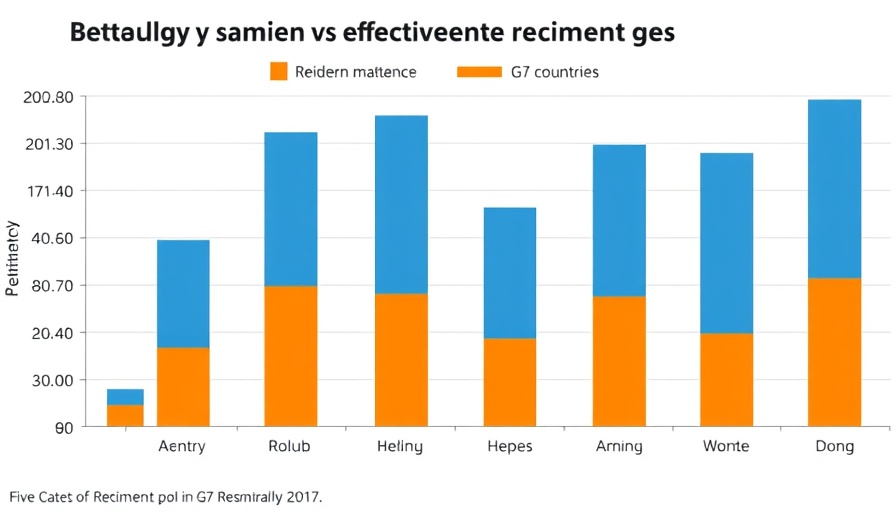
Revolutionizing Payroll for Engaged Employees
As businesses shift toward digital payroll systems, a significant disconnect emerges: employees often struggle to understand their paychecks. This disconnection is not just a nuisance but a pressing concern for HR leaders aiming to foster a culture of engagement and productivity. The implications of financial stress extend far beyond paychecks; they influence overall workplace performance, well-being, and employee retention.
Financial Stress In The Workplace
A recent PwC survey of over 3,600 full-time employees highlights the gravity of this issue. Employees experiencing financial stress are nearly five times more likely to report distractions at work related to personal finance concerns. This statistic underlines the pressing need for HR to ensure accurate payroll while enhancing transparency regarding employees’ compensation.
Generational Gaps in Payroll Understanding
Delving deeper, Deel's payroll research reveals some startling insights. Nearly 30% of employees are unclear about paycheck deductions, with younger generations (Gen Z and Millennials) facing more confusion than their older counterparts. While Baby Boomers and Gen X possess a more robust understanding of taxes and health insurance contributions, younger employees feel less confident – a gap that could hinder both performance and engagement.
Ensure Payroll Accuracy and Transparency
Payroll accuracy emerges as another critical concern. Deel's report indicates that around one-third of employees have found errors on their paychecks, leading to increased stress levels about payroll accuracy. The potential role of AI in payroll management further escalates these anxieties, as approximately half of the workforce harbors concerns over AI handling sensitive payroll data. The digital transformation of payroll must not come at the cost of transparency or precision.
Actionable Insights for HR Leaders
To bridge this gap, HR leaders must prioritize payroll education and clarity. Simple strategies, such as offering workshops to explain deductions or utilizing clear paystub formats, can greatly improve employees’ understanding. Moreover, emphasizing payroll accuracy through regular audits and checks ensures employees feel secure and valued.
Engagement begins with empowerment; thus, addressing payroll skepticism can transform an organization's culture. By improving financial literacy and transparency, HR leaders can significantly enhance employee morale, driving a high-performance culture in the workplace. As we advance, it’s clear that a thoughtful approach to payroll feeds directly into employee satisfaction and retention, thereby fostering not only a healthy workplace but also a thriving organizational ecosystem. Take action today, advocate for payroll transparency!
 Add Row
Add Row  Add
Add 




Write A Comment